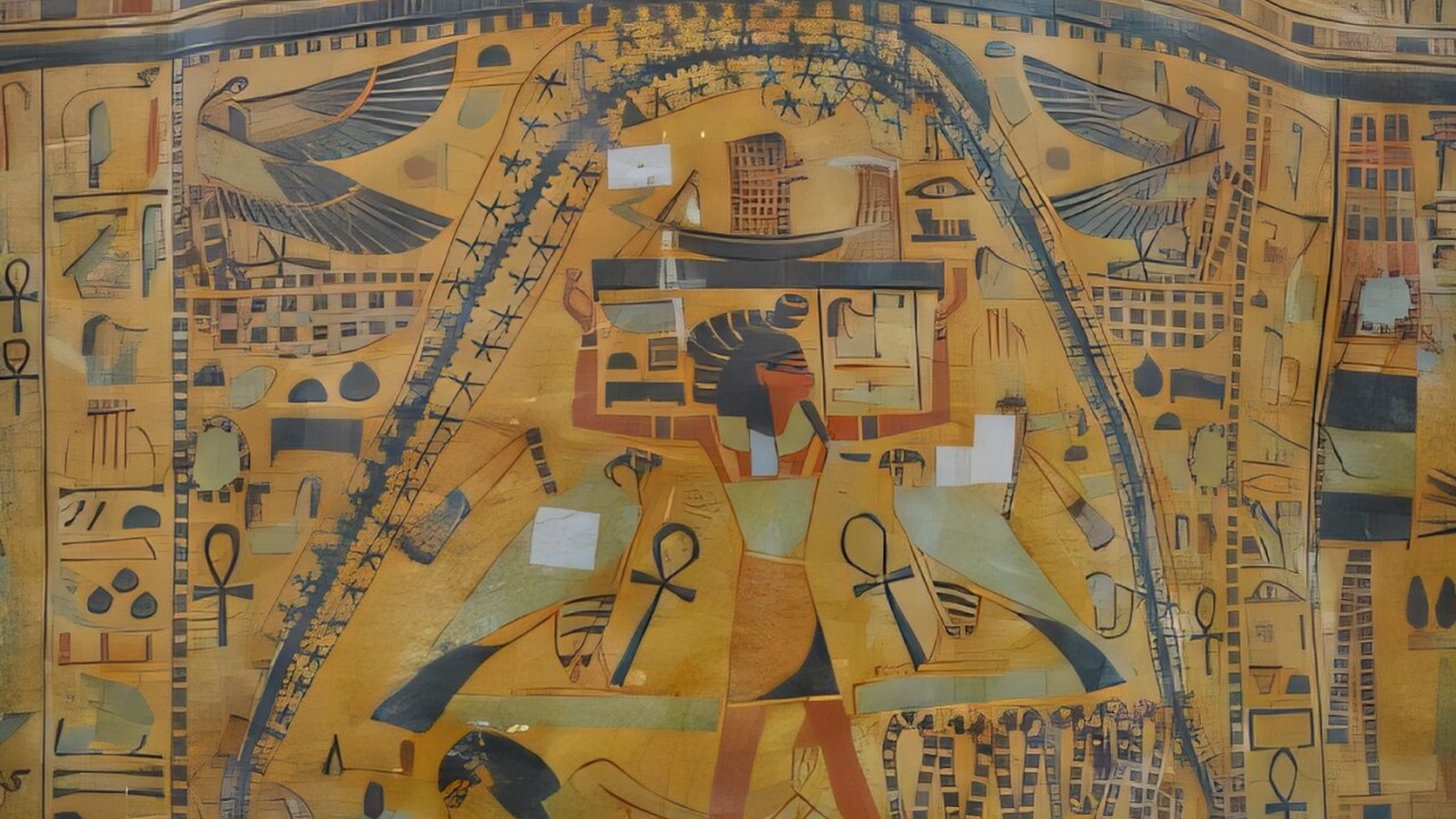Now Reading: Sea Lion Stuns with Impressive Beat-Keeping Skills
-
01
Sea Lion Stuns with Impressive Beat-Keeping Skills
Sea Lion Stuns with Impressive Beat-Keeping Skills

Rapid Summary
- Ronan, a 15-year-old california sea lion rescued in 2009 and adopted by the University of california – Santa Cruz in 2010, has been studied for her ability to keep rhythm.
- Trained since 2013 to bob her head to a metronome beat, Ronan continues to outperform human test subjects when it comes to beat accuracy.
- A recent study compared Ronan’s performance moving in time to a snare drum at varying tempos (112, 120, and 128 beats per minute) with that of ten undergraduate students aged between 18-23 using gross motor movements like hand chopping.
- Results showed that Ronan was more accurate and less variable than humans. At the fastest tempo (128 bpm), she averaged an extraordinary accuracy of 129 bpm compared to humans’ average of only 116.2 bpm.
- Humans tend to improve rhythmic precision with age or practice but remain variable without professional training or experience in rhythm-based tasks.
- Larger studies are needed across species for broader insights into rhythm capabilities while researchers continue exploring complex rhythmic patterns with Ronan.
Indian Opinion Analysis
The findings from this study challenge some assumptions about the uniqueness of human cognitive abilities. While humans are heralded for cultural innovation through music,evidence such as Ronan’s rhythmic precision reminds us that certain traits may have evolutionary roots shared across species. Beyond providing fascinating insights into animal cognition, conducting such research could bolster understanding of neurological functions relevant not only for educational purposes but also therapeutic applications involving rhythm.
For India-where innovations around AI-assisted neuroscience are emerging-the potential lessons here extend even deeper into our exploration of harmonics and rhythm as tools for medical diagnostics or rehabilitation therapies like music therapy programs already influencing health interventions.Still reflective dialogues necesary pushing this frontier sharper larger datasets consistently reliable & cross-species comparisons thus meaningful breakthroughs clearer global ecosystem harmonisation tracking-conservation-dialog remain other lens “funding” incentivisation these ripple effect fronts/Score templates statistically confirmed metrics. Read More at [link provided above].
























